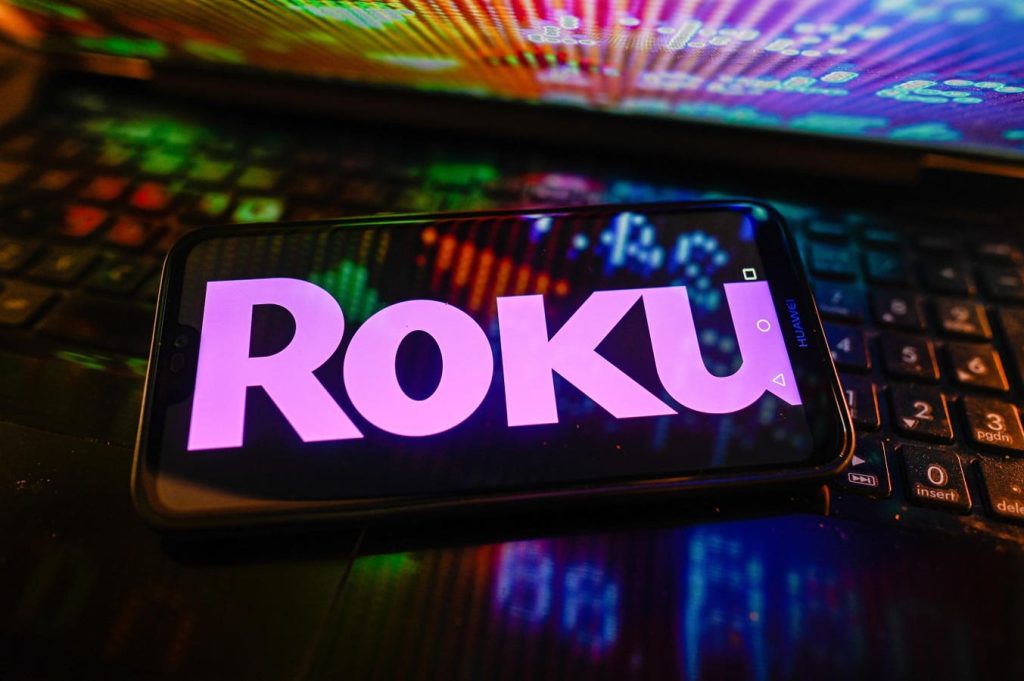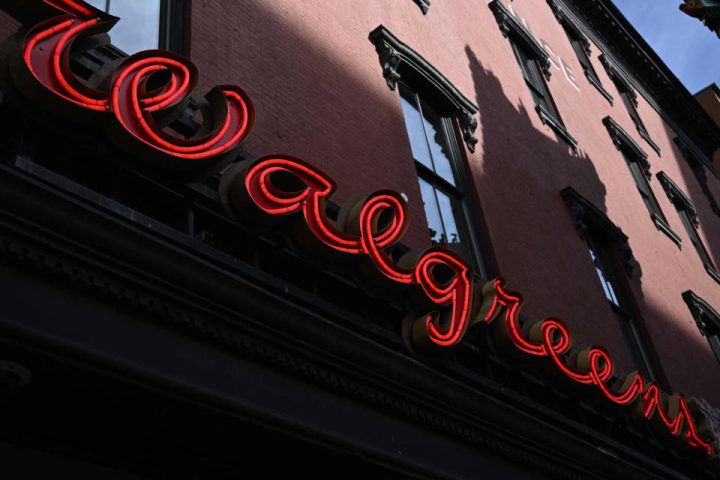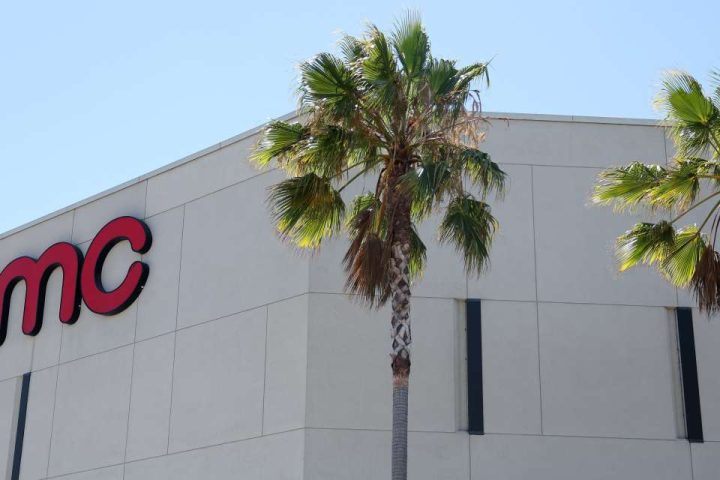Small-cap stocks haven’t recovered the same way mega-caps have this year, but there are still plentiful success stories in the most volatile area of the market.
By Hank Tucker, Forbes Staff
The story of the dominant coconut water brand in the U.S. today began at a bar in the Lower East Side in February 2003, where best friends Michael Kirban and Ira Loran struck up a conversation with two women from Brazil who told them the refreshment was what they missed most about their home.
That night was the beginning of a whirlwind love story for Loran, a Columbia graduate who sold everything he had and moved to Brazil to marry one of them. When Kirban flew down to visit later that year, he was surprised at how ubiquitous coconut water was. Servers at restaurants would ask if they wanted still, sparkling or “coco.” Kirban, a software entrepreneur, was ready for a change and convinced there would be a market for the product in the U.S.
The two friends founded Vita Coco (COCO) in 2004 and faced stiff competition in its first decade as others had the same idea, but pulled in investments from celebrities like Madonna, Matthew McConaughey and Demi Moore. The New York-based company now has a supply chain that sources coconut water from 14 factories in six countries.
“You can’t just turn on the faucet,” says Kirban, 48, now Vita Coco’s executive chairman after handing the CEO reins to Boston Beer veteran Martin Roper last year. “We’ve got thousands and thousands of farmers climbing trees every day to get the coconuts down.”
Vita Coco went public in 2021 and has taken off in the last year, tripling since last November. Sales in the last 12 months are up 14% to $479 million, and net income is up fivefold to $37 million with freight costs easing compared to last year. Kirban envisions coconut water one day becoming “as big as orange juice.”
Those strong growth figures helped Vita Coco rank 17th on Forbes’ annual list of America’s Most Successful Small-Cap Companies, and its stock appreciation has been rare among small caps in the last year. The Russell 2000 Index is down 2.8% this year and is still 30% lower than its 2021 peak, with this year’s mega-cap recovery leaving small companies behind.
Small caps generally underperform entering a recession or economic slowdown, and this year’s high interest rates and slowing consumer spending are holding the group back, but investors like Laird Bieger, co-portfolio manager of the $1.3 billion Baron Discovery Fund, think they will snap back in the long term. He points out that the Russell 2000 Growth index is trading at a five-point discount to its historical P/E average relative to the S&P 500 Index.
“From a relative valuation perspective, it feels like small caps are about as discounted as they can possibly get,” says Bieger. “I think we’re going to look back at late 2023 and early 2024 and say to ourselves this looks a lot like what we saw in 2003 after three long years. Coming out of a slowdown is when small-cap growth really shines.” In 2003, small cap stocks as measured by the Russell 2000 climbed 45% after suffering a loss of 22% in 2002.
To find the top 100 stocks bucking the trend, Forbes looked at 974 U.S.-listed companies with market capitalizations between $300 million and $2 billion and screened out all but 389 which have posted positive sales growth in the last 12 months and have a share price over $5. We ranked them based on stock return, sales growth, return on equity and earnings growth in the last 12 months and five years. Financial institutions, REITs, utilities, royalty trusts and limited partnerships were excluded.
The top company on the list is glassmaker Tecnoglass (TGLS), which just moved its headquarters to Miami and manufactures its products in a 4.1 million square foot complex in Barranquilla, Colombia. Its glass windows and aluminum products are used in commercial and residential high rises throughout the Americas, and it has particularly benefited from the Florida building boom. Its $841 million 12-month sales have doubled in less than two years, and the stock is up more than 1,000% from its low point in March 2020.
Tecnoglass is one of more than a dozen companies categorized in the construction industry on the list, including eight in the top 30. Others in this group are engineering consulting firm Bowman Consulting Group (BWMN) at No. 3, pipeline builder Primoris Services Corp. (PRIM) and electrical construction firms IES Holdings (IESC) and MYR Group (MYRG). With data centers proliferating and spending ramping up through last year’s Inflation Reduction Act and the 2021 Infrastructure Investment and Jobs Act, many of these contractors are experiencing boomtimes.
“A lot of those businesses are more oriented to non-residential, infrastructure end markets, and those areas really haven’t been burdened by a higher cost of capital environment with high interest rates like you’re seeing in housing,” says Brent Thielman, an engineering and construction analyst at D.A. Davidson. “These projects are very well funded because there’s a need for them, at the end of the day.”
The No. 2 company on the list, Stamford, Connecticut-based Dorian LPG (LPG), is a liquefied petroleum natural gas shipping company that operates a fleet of 25 large tankers transporting gas around the world. Chairman and CEO John Hadjipateras has worked in maritime shipping for more than 50 years and comes from a Greek family of seafarers and ship owners dating back four or five generations to the 19th century.
He was a director of a predecessor company, Seacor Holdings, until 2013 and then took Dorian LPG public in 2014. With global oil exports rising this year, its stock is up 87%, and last-12-month sales have grown 64% to $493 million.
“The shipping business is quite volatile with peaks and troughs. It’s a little bit like Manhattan real estate—when the times are good, everybody builds too much. You go from a feast and then suddenly you’re over capacity and it goes the other way,” says Hadjipateras. “We try to keep ourselves lean with a strong balance sheet so we can go through the cycle.”
Very few of the 100 successful small-cap companies on Forbes’ list are household names, but a pair of retail and entertainment names posting strong growth are Dave & Buster’s (PLAY) at No. 42 and Build-A-Bear Workshop (BBW) at No. 74.
Build-A-Bear, which sells customizable make-your-own teddy bears and other stuffed animals in nearly 500 stores globally, was a casualty of the decline of shopping malls long before Covid was nearly a death knell, when its stock dropped to just $1 per share, lowering its market cap to less than $20 million. But it’s posted a remarkable comeback since April 2020, with a share price now at $24.67 and 12-month revenues of $479 million eclipsing its pre-financial crisis heyday. Its experiential retail offering has attracted people looking for normalcy after Covid, and it has also dramatically improved its online sales.
The company says 40% of its sales now are to teenagers and adults, primarily in licensed collectibles for brands like Pokemon and Hello Kitty, and just last week, it partnered with Cinemark to release an animated Christmas movie for the first time called Glisten and the Merry Mission. It’s hoping moviegoers will juice sales of its new “Merry Mission” collection, centered around a stuffed elf named Marzipan and snow deer named Glisten. Many stores are giving away free movie tickets to children purchasing a make-your-own plush toy.
“If the movie works and this company goes from being seen as just a place to make a furry friend to more of a full entertainment offering, that becomes a different story,” says Eric Beder, an analyst at Small Cap Consumer Research who’s bullish on Build-A-Bear’s future prospects. “The street really is not projecting any of that into the numbers.”
MORE FROM FORBES
Read the full article here







